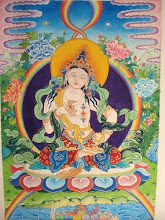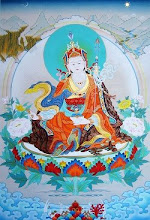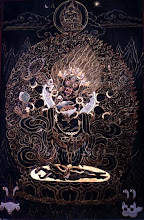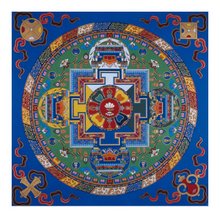I have been reminded this past week that not everyone knows that I’m planning to return to Nepal to continue my art studies. I’ve been letting friends and acquaintances know as I meet or write to them, but I’m now starting to lose track of whom I've informed.
I’ve let all my universities know that I’ll be away for the fall semester, and the radio station is now looking for a replacement. I’ll finish up this semester at the end of July, after which Mutsumi, her family, and I will be traveling to the US to celebrate my parents’ 50th wedding anniversary. We have rented a house on the beach at Hilton Head and will be spending a week there largely laying about and eating. We’ll then spend another week in Atlanta before returning to Fukuoka, after which I’ll be boarding a plane for Kathmandu, probably in early September.
The plan is to stay through March of 2008 to finish the first year (of six) of the art program. During that time, Mutsumi is planning to visit. If anyone would like to join her, perhaps you can negotiate a group discount on tickets and hotels. Just let us know when you’d like to go. Any and all visitors are most welcome.
As usual, we’ll keep you updated through this blog on how this plan develops.
#


















































